![]()
Unleashing the Magic: The Fascinating Journey of Alan Jackson‘s “Don’t Rock the Jukebox”
Back in 1985, a determined construction worker named Alan Jackson set foot in Nashville with dreams of conquering the country music scene. Little did he know that his path would mirror that of countless aspiring musicians who had come before him, facing rejection and setbacks that tested his resolve. However, amidst the hardships, he formed a bond with another struggling artist, Randy Travis, who shared his frustrations and aspirations.
Working a humble job in The Nashville Network’s mailroom, Jackson handled important correspondence that could make or break careers. Yet, despite his efforts to make meaningful industry connections, he found himself relegated to sporadic gigs at small venues. With his wife’s steady income as a flight attendant, he clung to his musical ambitions, refusing to give up on his dreams.
After honing his songwriting skills for over a year, Jackson secured a position as a staff writer at a publishing company, finally earning enough to leave the mailroom behind. With a band by his side, he began to shape his unique sound. Meanwhile, Randy Travis soared to stardom, leaving Jackson to toil in obscure honky-tonks. Though many recognized his talent, no one was ready to take the leap and sign him to a record deal. Yet, even on lonely nights after his shows, he found solace in the jukebox, longing to join his old friend Travis on the charts.
Then, in 1989, Arista Records established a Nashville office and signed Jackson, thanks to the astute decision-making of Tim DuBois, an experienced songwriter and manager. With Arista’s backing, Jackson quickly captivated country music fans, with three of his first four releases reaching the Top Five. His breakthrough came with the chart-topping hit “I’d Love You All Over Again” in 1991, solidifying his place in the industry and allowing his wife to finally quit her supporting role.
Aware of the fickle nature of fame, DuBois and Arista sought a powerful follow-up single to solidify Jackson’s status as a lasting force in country music. Inspiration struck during a road tour when Jackson overheard a song he liked on a diner’s jukebox. As he listened intently, one of his band members accidentally bumped the jukebox, causing the record to skip. Jackson quipped, “Hey, don’t rock the jukebox,” instantly recognizing the potential for a hit song.
Upon returning from the tour, Jackson, along with his producer Keith Stegall and songwriter Roger Murrah, sat down to develop the concept. They crafted a song that blended rock and country icons in the lyrics, with the narrator declaring a preference for country tunes on the jukebox. This catchy and unique theme would set the stage for Jackson’s next triumph.
When Jackson presented “Don’t Rock the Jukebox” to DuBois, the record executive was impressed and believed it could elevate Jackson’s career to new heights. He was proven right when the song debuted on Billboard’s country singles chart in May 1991 and soared to number one by July 6th. It held the top spot for three weeks and became Billboard Magazine’s Country Single of the Year, selling over a million copies.
Throughout country music history, songs have paid homage to the jukebox, with artists like George Hamilton IV, Kitty Wells, Eddie Rabbitt, and Vern Gosdin including it as a central theme in their lyrics. However, Jackson’s “Don’t Rock the Jukebox,” along with Alabama’s “Jukebox In My Mind,” took the idea a step further, making the jukebox the star of the song. Finally, this iconic music-playing machine received recognition for its pivotal role in country music’s growth. It adorned every café, truck stop, honky-tonk, and dance hall, playing the hits and granting fans the power to choose their preferred tunes.
In an era where the lines between country, rock, and pop blur, “Don’t Rock the Jukebox” became the ultimate anthem for country music enthusiasts. It captured the essence of a genre facing shifts since rockabilly shook Music City in 1956. One can almost imagine country legends like Webb Pierce, Roy Acuff, Hank Snow, and Ernest Tubb pleading with fans not to rock the jukebox.
Alan Jackson’s unforgettable song breathed new life into the age-old tradition, preserving the jukebox’s magic for generations to come. It reminded us of the pivotal role this colorful machine played in delivering the music we loved, long after radio had moved on to the next trend. So, let us honor the jukebox, an unsung hero in country music history, and cherish the timeless melodies it faithfully provided.
- Single by Alan Jackson
- Album- Don’t Rock the Jukebox
- B-side- “Walkin’ the Floor Over Me”
- Released- April 29, 1991
- Recorded- August 21, 1990[1]
- Genre- Country
- Length- 2:52
- Label- Arista (2220)
- Songwriters- Alan Jackson, Roger Murrah, Keith Stegall
- Producers- Scott Hendricks, Keith Stegall
Lyrics
Don’t rock the jukebox
I wanna hear some Jones
‘Cause my heart ain’t ready
For the Rolling Stones
I don’t feel like rockin’
Since my baby’s gone
So don’t rock the jukebox
Play me a country song
Before you drop that quarter
Keep one thing in mind
You got a heart broke hillbilly
Standing here in line
I’ve been down and lonely
Ever since she left
Before you punch that number
Could I make one request?
Don’t rock the jukebox
I wanna hear some Jones
‘Cause my heart ain’t ready
For the Rolling Stones
I don’t feel like rockin’
Since my baby’s gone
So don’t rock the jukebox
Play me a country song
Now, I ain’t got nothin’
Against rock and roll
But when your heart’s been broken
You need a song that’s slow
There ain’t nothin’ like a steel guitar
To drown a memory
Before you spend your money, baby
Play a song for me
And don’t rock the jukebox
Wanna hear George Jones
‘Cause my heart ain’t ready
For the Rolling Stones
I don’t feel like rockin’
Since my baby’s gone
So don’t rock the jukebox
Play me a country song
Yeah, don’t rock the jukebox
Play me a country song
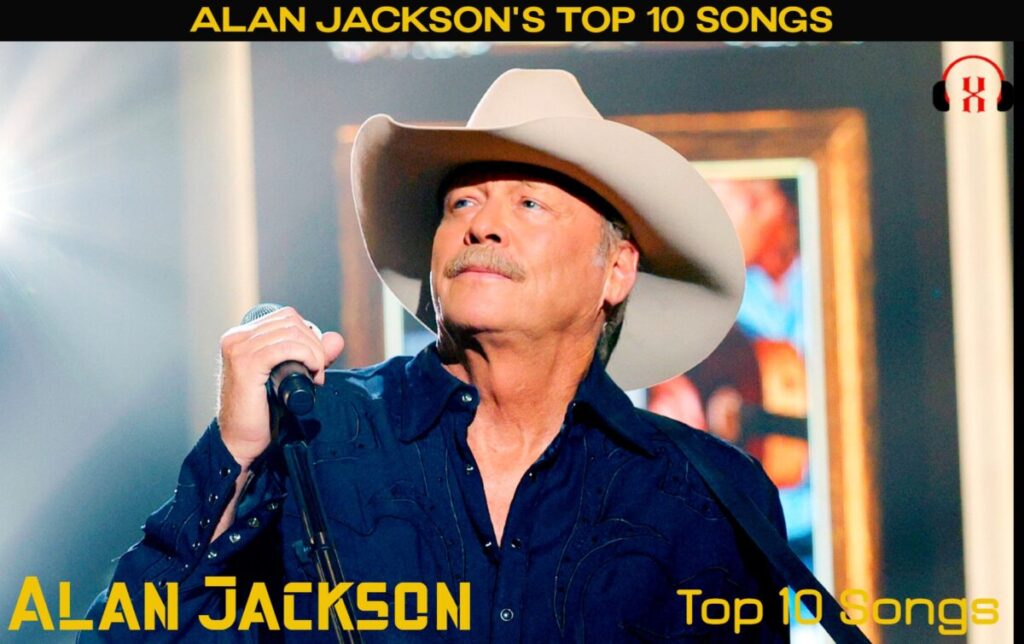
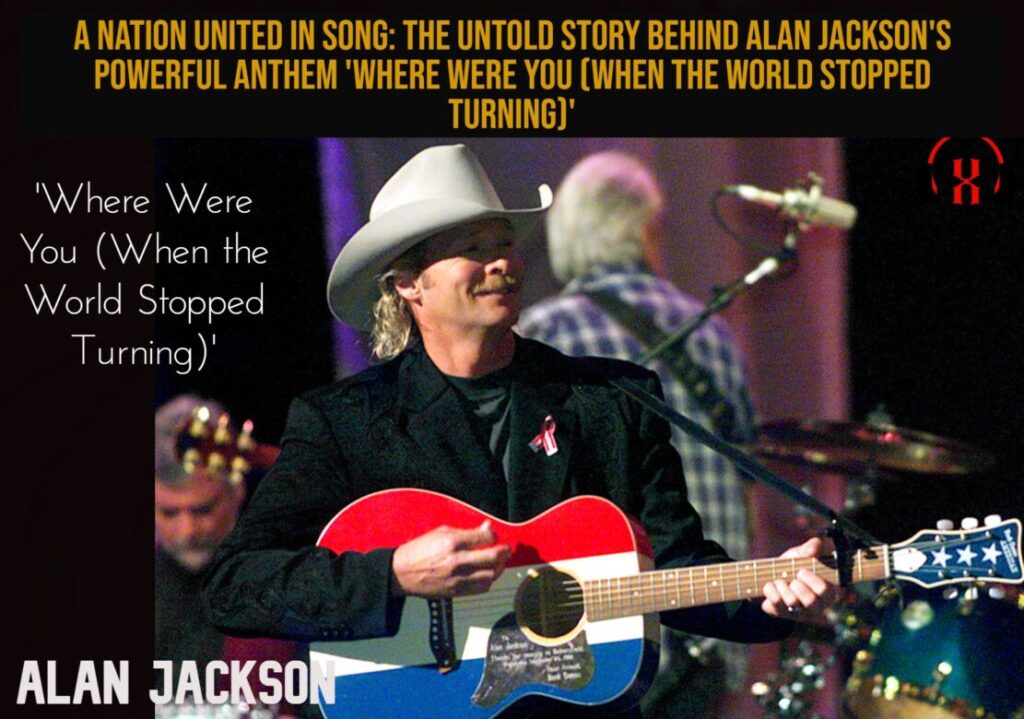
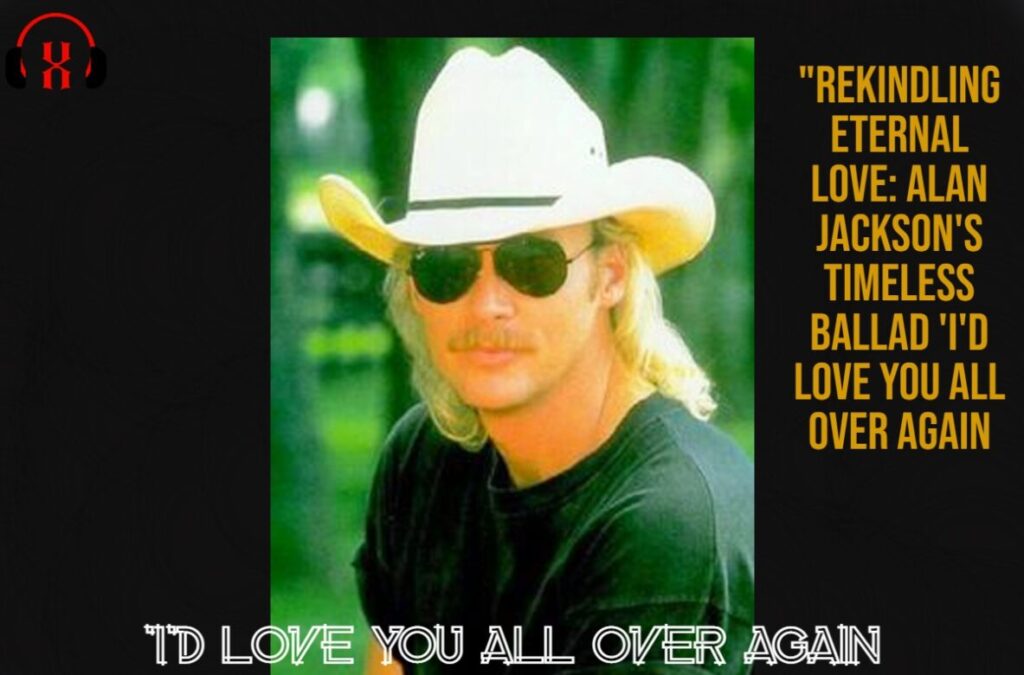


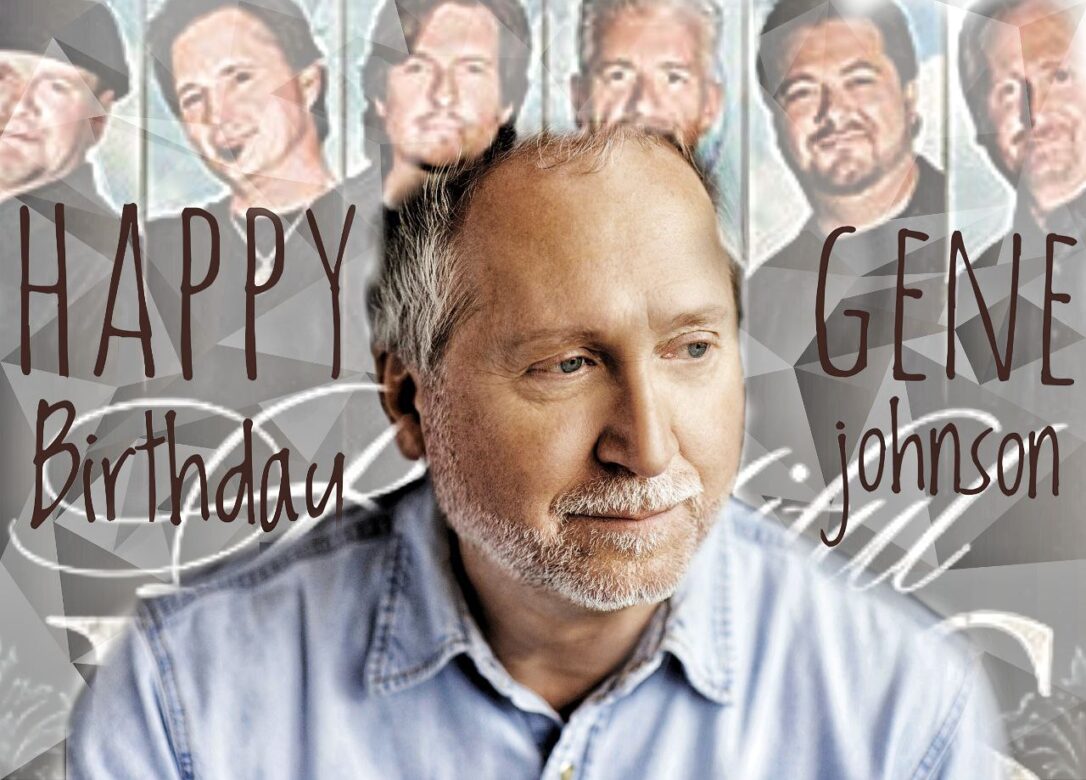

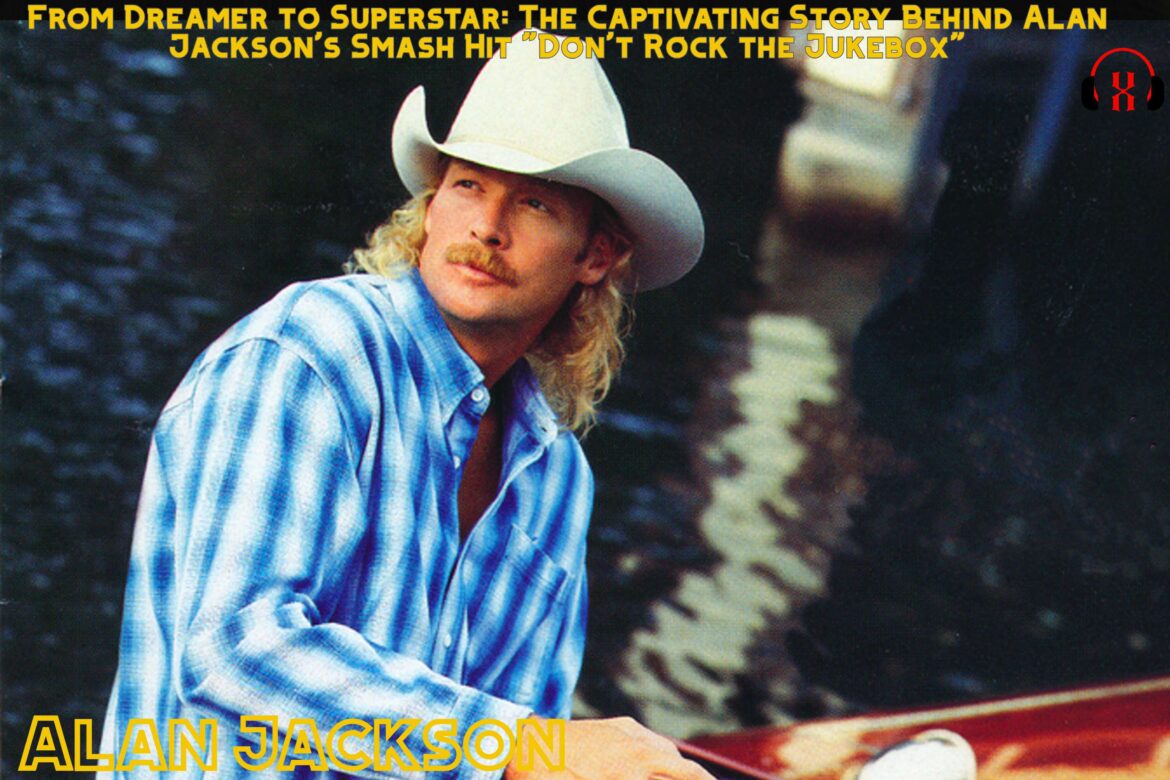
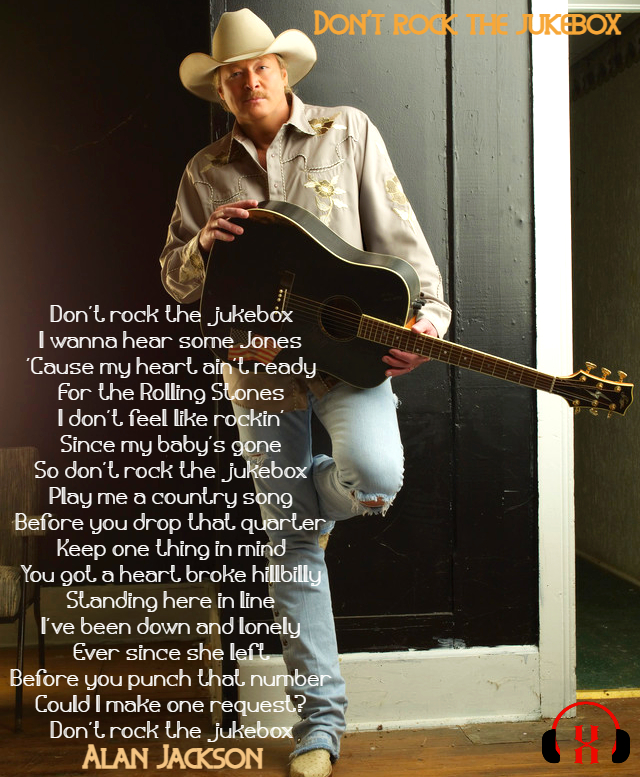

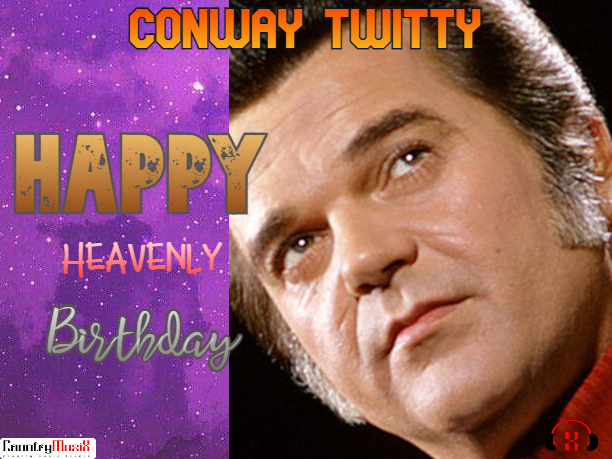


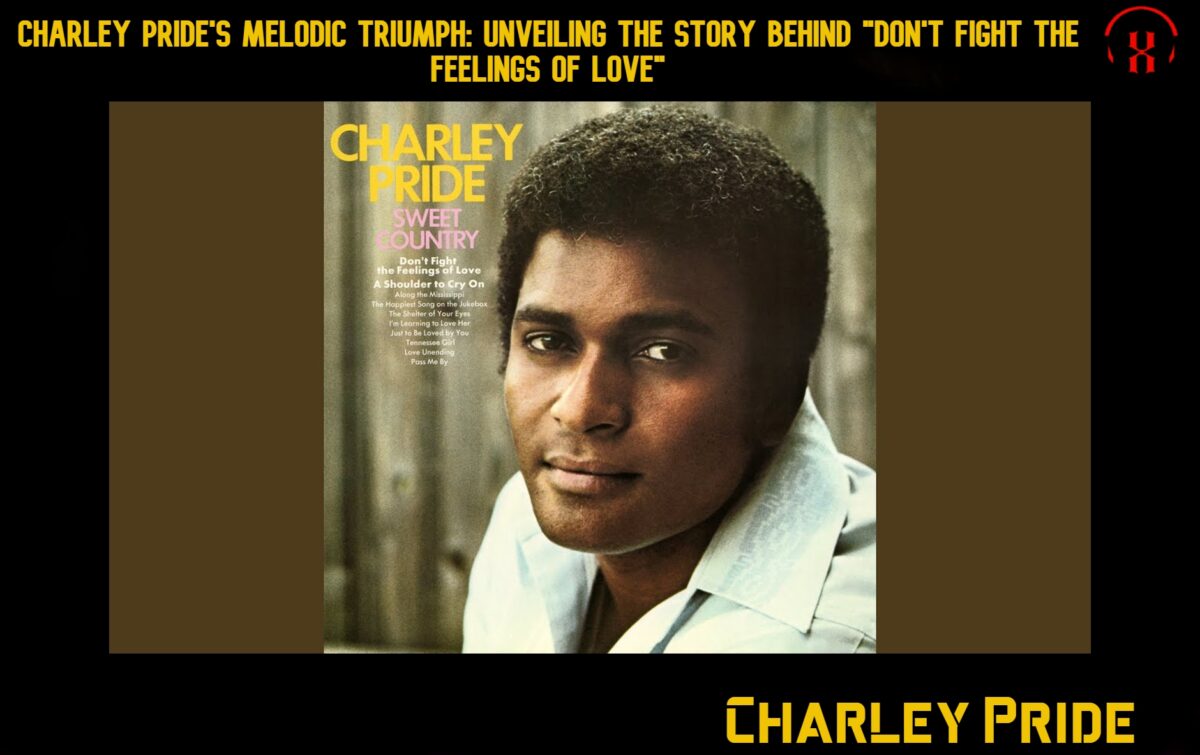
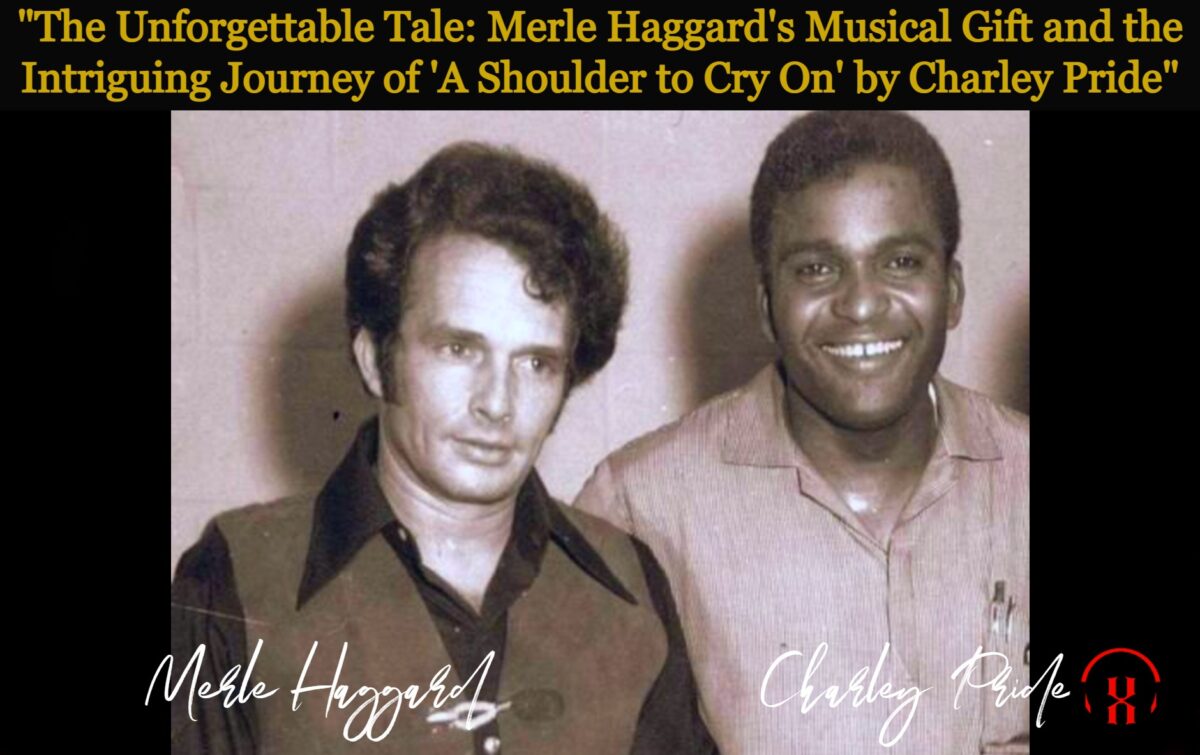
Comments on “From Dreamer to Superstar: The Captivating Story Behind Alan Jackson’s Smash Hit “Don’t Rock the Jukebox””